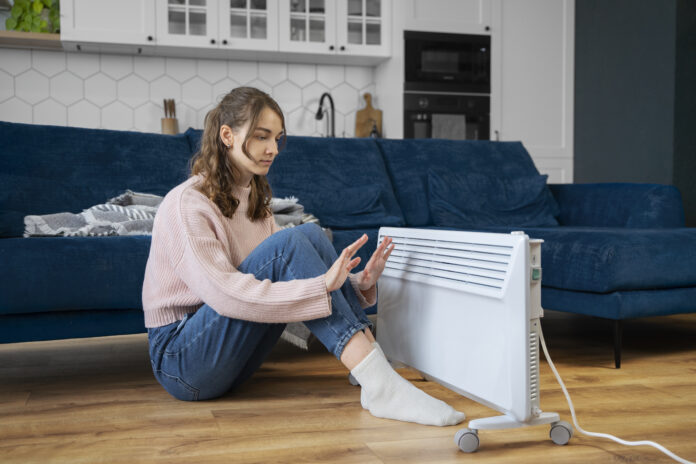Understanding common heating system issues can help you identify and fix problems before they affect the efficiency of your system. Emergency heating repair helps to address and fix common heating system issues. Here are some causes of heating system failure:
Table of Contents
ToggleClogged Air Filters
Clogged filters restrict airflow, putting the system under strain to heat your living spaces, which can lead to overheating and shutdowns. Dust and debris from neglected air filters can settle in internal components. Accumulations may disrupt airflow in the blower, forcing it to use more energy. Regular filter replacement creates clear passages for warm air to circulate. This improves comfort and system efficiency while reducing heating expenses.
Faulty Thermostats
Other malfunctions can lead to heating challenges. The thermostat acts as the control center for the heating system. Wiring problems, power outages, or accidental bumps can cause thermostat issues, impacting efficiency. Unresponsive keypads, blank screens, inaccurate temperatures, and frequent system cycling may point to a failing thermostat. A technician can test the thermostat’s electrical connections and settings to identify and repair thermostat defects. Technicians can incorporate the latest smart thermostats if replacement is needed for greater programming capabilities.
Pilot Light Problems
Gas furnaces rely on the pilot or electronic ignition system to light the burners whenever heating is needed. Drafts, debris buildup, and faulty components, such as thermocouples and flame sensors, can disrupt ignition. If pilot outages or failed burner ignitions are found, a professional diagnosis from an emergency heating repair service might identify and fix faults in the assembly.
Dirty Ductwork
The ducts distribute warmed air throughout your home or business. Tears, broken joints, and dirty ductwork can cause uneven heating with hot and cold spots from room to room. This forces your heater to work harder than necessary, raising energy expenses. A duct inspection from an HVAC technician may reveal airflow blockages caused by tears, splits, or collapsed sections. Repaired ducts create pathways to supply even heating. Sealed ductwork prevents the heat loss that strains systems and increases bills.
Worn-Out Parts
As heating systems age, components may wear out from years of use. Motors, blower fans, belts, and bearings face wear and tear, leading to decreased efficiency. Unusual noises, uneven temperatures, short cycling, or a lack of heat can indicate that an internal part has failed. A heating repair from a qualified HVAC technician can help spot worn or damaged parts that need replacement. Proactive part repair and replacement can prevent minor issues from becoming total system failures.
Other Electrical Failures
Loose wires, burned-out fuses, broken relays, and thermostat wiring issues can prevent signals from reaching the heater components. This creates unresponsive heaters that never kick on when the thermostat signals for heating. HVAC technicians can trace the full electrical flow from the power supply switch to the thermostat and all internal mechanisms. They can test wires and connections for breaks or wearing. Addressing electrical problems restores power to heating systems.
Poor Maintenance
HVAC systems contain mechanical and electrical components that experience natural wear and tear. Dust collection in blower motors, dirt on condenser coils, and grime in air filters create strain. Minor electrical issues can grow into complete failures over time if left unchecked. Cracked heat exchangers can leak dangerous gases into your home. During preventative maintenance calls, technicians test the functionality of electrical components, motors, and safety controls. They clean all working parts to restore efficiency.
Schedule for an Emergency Heating Repair Today
Annual service appointments help homeowners keep their equipment functional, enhancing efficiency and performance. Technicians may also examine refrigerant levels and test for duct leaks that require sealing. As systems age, replacing them can improve your property’s heating capabilities. Technicians can analyze your system to uncover and resolve the root cause. If your system displays any signs of disrupted performance, call for an emergency heating repair from a qualified HVAC technician.
